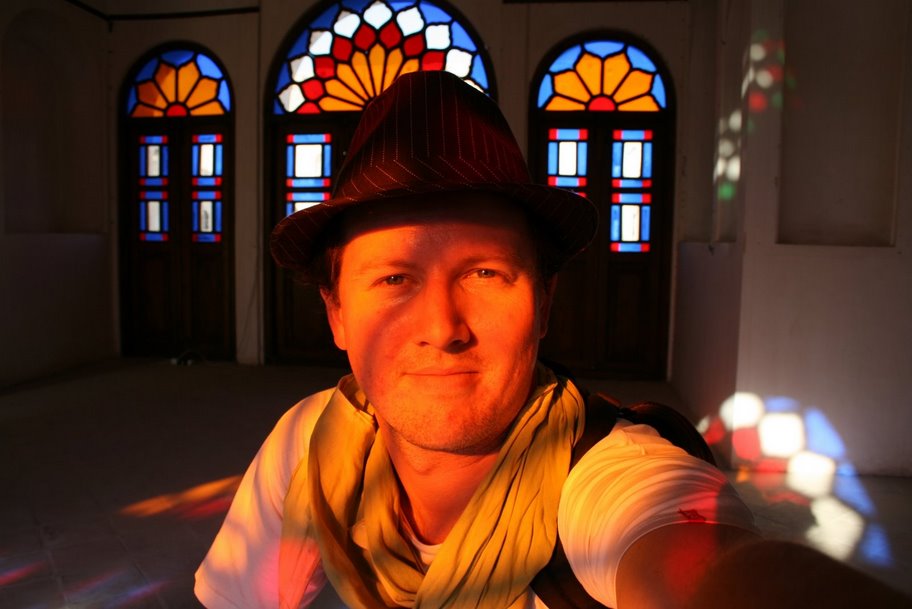Former Indonesian President Soeharto is being kept alive by technology,
reportedly so that he can secure a last minute pardon which would enable his children and their children to enjoy the spoils of Soeharto's New Order plunder of billions.
One lively discussion I have been having as part of general musings around "what s
hould be done with Soeharto" has been over on Lowy's
The Interpreter. The issue is soeharto's responsibility for Indonesia's version of the Killing Fields, the massacres started in October 1965 that saw probably around 500,000 people murdered mainly in Java and Bali. I could go into depth on my view of what happened but in the interests of holding your attention, skip past the next paragraph.
Or keep reading for a little more...in 1965 there was an extremely dodgy and failed (or did it?) coup that was supposedly aimed at Soekarno and blamed on the Communist Party (PKI) who had been in a struggle with various other factions in Indonesia. The army steps in, Soeharto assumes control, and payback killings and jailings are instigated against the PKI, left wingers, Chinese and just about anyone who could have threatened Soeharto's consolidation of political and economic power. Soeharto then used the fear of communism and the PKI as a political tool during his 32 year reign, including against those who were deproved of land as part of "development projects", such as the Kedung Ombo dam. Any descendant of a former PKI member has his/her ID card stamped and is never able to get a job in government and pretty much anywhere else. Lost you yet?
Ok, let's just say that I reckon Soeharto didn't order every individual killing but he directed them and then used the killings to build and then shore up his political and economic power base. And he and his mates should be held responsible for that.
Peter McCawley's assertions are first that nobody, including Soeharto, was in charge of the country , let alone the killings, during this tumultuous period. Robert Cribb deals with that nicely
here. Second, McCawley asserts that Indonesia would be wasting precious and scarce resources on an effort to instigate an Indonesian form of a truth and reconciliation commission.
McCawley's view is valid from a purely budgetary point of view. Indonesia has limited resources, much poverty and many urgent and competing interests. However we are talking about people and people don't always act in the best interests of the government's budget. When people experience awful and debilitating trauma, there must be a process for healing and acknowledgment to enable them to move on. Look at
Cambodia and
South Africa to see that on a grand scale. Think of it like a mental illness, which not only causes great suffering but, like any illness, holds a person back from living their fullest and most productive life.
When people get treatment for mental illness they can start to move on and return to being productive and happy members of the community. And when you do this on a national scale, it sends a message to the broader national and international community which goes something like this..."you can trust us, we are gunna protect you. If someone abuses that trust, we are gunna make it right." People need to feel that security, it's just human.
I agree that any truth and reconciliation process has to be Indonesian-led and run. It shouldn't suffer
interference like the important effort by the Cambodians. Yes, there will be a need for donor funds and other assistance, something that our AusAID and and universities could show leadership on. I think the
forum started by Ilham Aidit, Amelia Yani and others shows how important this issue is to Indonesians. By satisfying their needs for truth and reconciliation, Indonesia's prosperity will be more secure.

